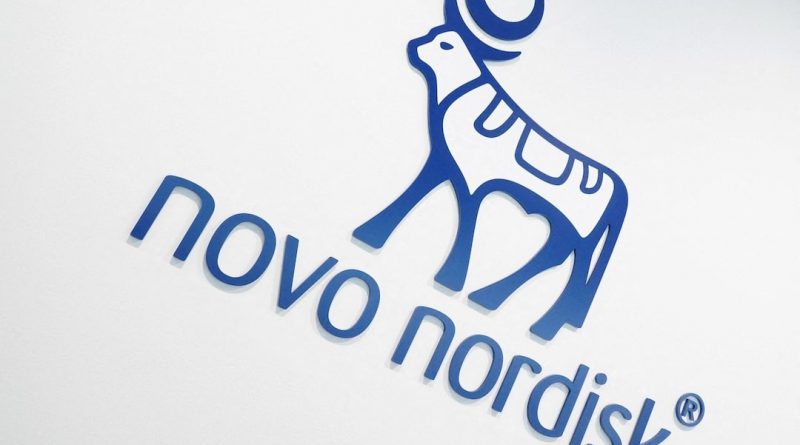Pharma Giants Lead the Way in Affordable, Direct-to-Consumer Healthcare Transformation
Washington – In a major move set to reshape the U.S. healthcare industry, several global pharmaceutical companies have announced direct-to-consumer sales models and significant price cuts.
This bold step comes as part of a broader effort to make essential medicines more affordable and accessible to all Americans, reflecting a new era of cooperation between the private sector and the U.S. government.
Following President Donald Trump’s strong call to lower drug prices and eliminate unnecessary middlemen, many major pharmaceutical firms have joined forces with the administration to deliver fairer prices directly to patients.
Trump administration’s upcoming launch of TrumpRx.gov, a government-run website expected to debut in early 2026, will allow patients to access a wide range of prescription drugs at substantially reduced prices.
Currently, U.S. consumers pay some of the highest costs for prescription drugs globally. However, the new collaboration signals a change — prioritizing patient needs over corporate intermediaries like pharmacy benefit managers and insurers.
The initiative also encourages innovation in healthcare delivery, allowing pharmaceutical firms to sell directly through digital platforms, telehealth services, and specialized government programs.
AstraZeneca, one of the first companies to sign an agreement with the U.S. government, announced discounts of up to 80% on several medications.
Under this arrangement, AstraZeneca will offer reduced prices to Medicaid in return for three years of tariff relief — a strategic move that supports both patient affordability and business sustainability.
CEO Pascal Soriot hailed the partnership as “a shared step forward in ensuring every patient gets access to life-changing medicine.”
Bristol-Myers Squibb also joined the initiative, unveiling major price cuts for two popular drugs — Eliquis, used to treat blood clots, and Sotyktu, a psoriasis treatment — with the latter receiving an impressive 80% discount. This commitment underscores the company’s dedication to healthcare equity and affordability.
Eli Lilly took a digital-first approach, allowing patients to order its leading weight-loss treatment, Zepbound, directly from its official website.
The company’s decision to reach cash-paying customers online highlights how technology is helping bridge gaps in accessibility and affordability.
Meanwhile, Merck KGaA signed an agreement to provide its fertility treatments — Gonal-f, Ovidrel, and Cetrotide — directly to U.S. patients with a massive 84% combined discount.
As part of the deal, Merck also pledged to align future U.S. drug prices with those in other developed nations, reinforcing global fairness in medicine pricing.
Novo Nordisk, the maker of diabetes and weight-loss drugs such as Ozempic and Wegovy, announced multiple partnerships with telehealth platforms including GoodRx, Hims & Hers, Ro, and LifeMD.
These collaborations ensure that life-saving diabetes treatments are available for as low as $499 per month to eligible patients — a major breakthrough in chronic disease management.
Pfizer continues to strengthen its partnership with the U.S. government through a landmark deal that links drug prices in the Medicaid program to international pricing standards.
In return, the company will receive tariff relief and invest $70 billion in domestic research, development, and manufacturing. CEO Albert Bourla described the plan as a “win-win for American innovation and affordability.”
Sanofi, the French pharmaceutical leader, also committed to fair pricing by capping insulin costs at $35 per month for all U.S. patients with valid prescriptions. This inclusive approach ensures access regardless of insurance status — a vital lifeline for millions managing diabetes.
Emerging players are also contributing to this new health revolution. Wisp, a women’s telehealth provider, expanded its services to include doorstep delivery of weight-care medications from Novo Nordisk and Eli Lilly, offering affordable monthly packages that include consultations and follow-ups.
Similarly, Zealand Pharma is exploring direct-to-patient models for its upcoming weight-loss drugs in partnership with Roche, emphasizing the industry’s shift toward transparency and consumer-first healthcare.
Across the pharmaceutical world, these initiatives mark a historic transformation. What once seemed like a distant goal — affordable, direct, and transparent healthcare — is now becoming a reality.
Through innovation, collaboration, and genuine commitment to patient well-being, pharmaceutical companies and the U.S. government are together building a fairer and more sustainable healthcare system for all.



